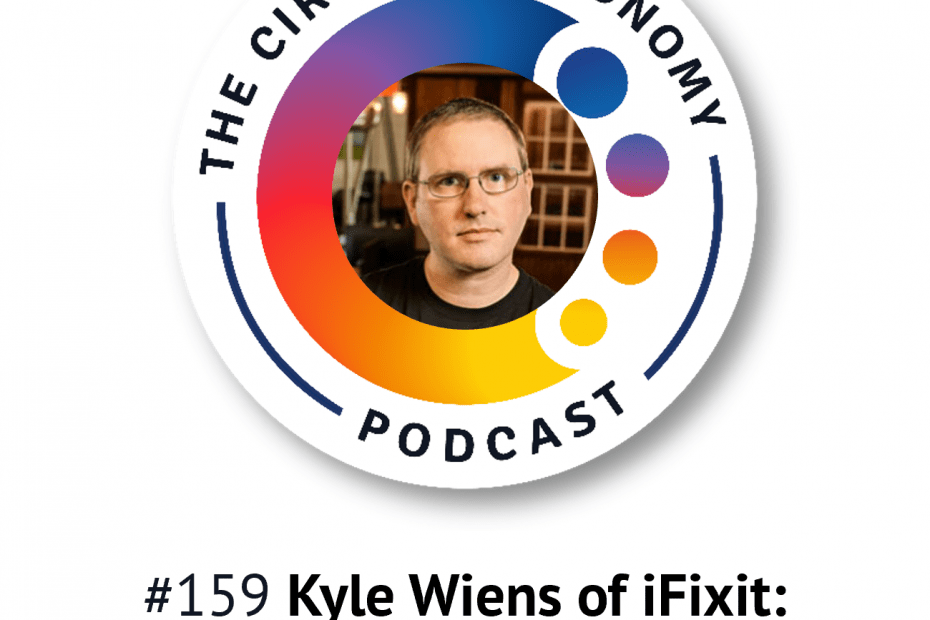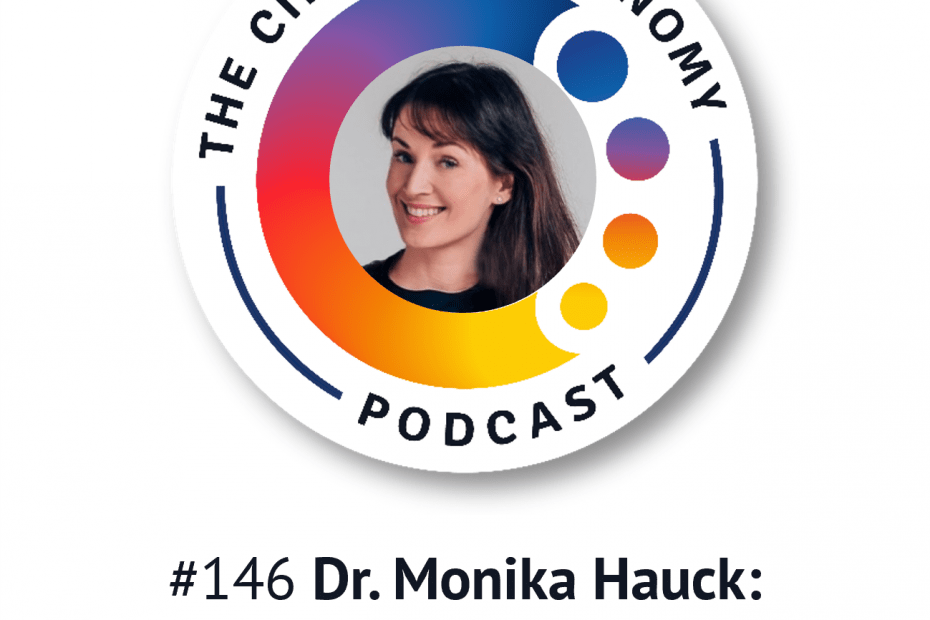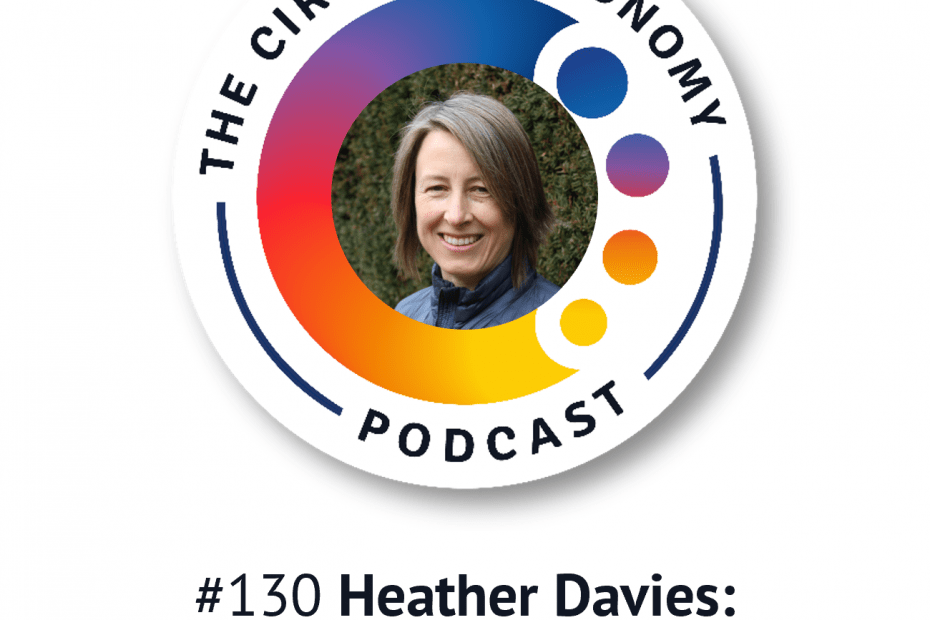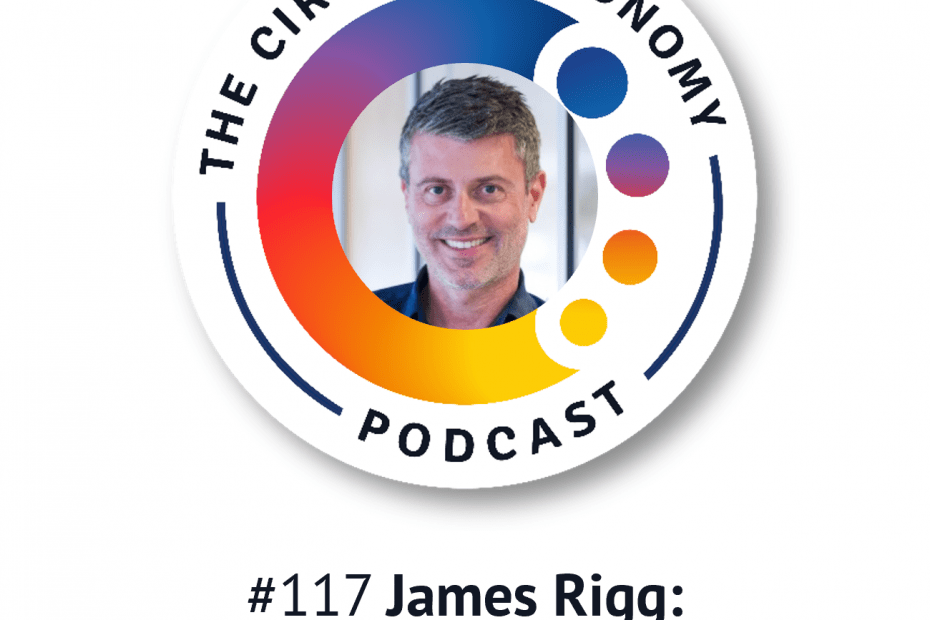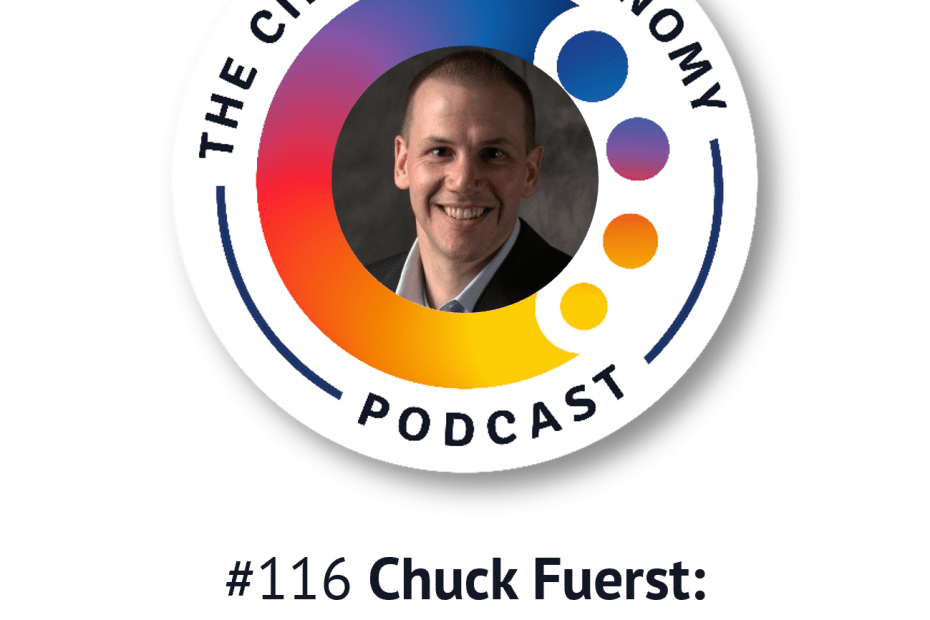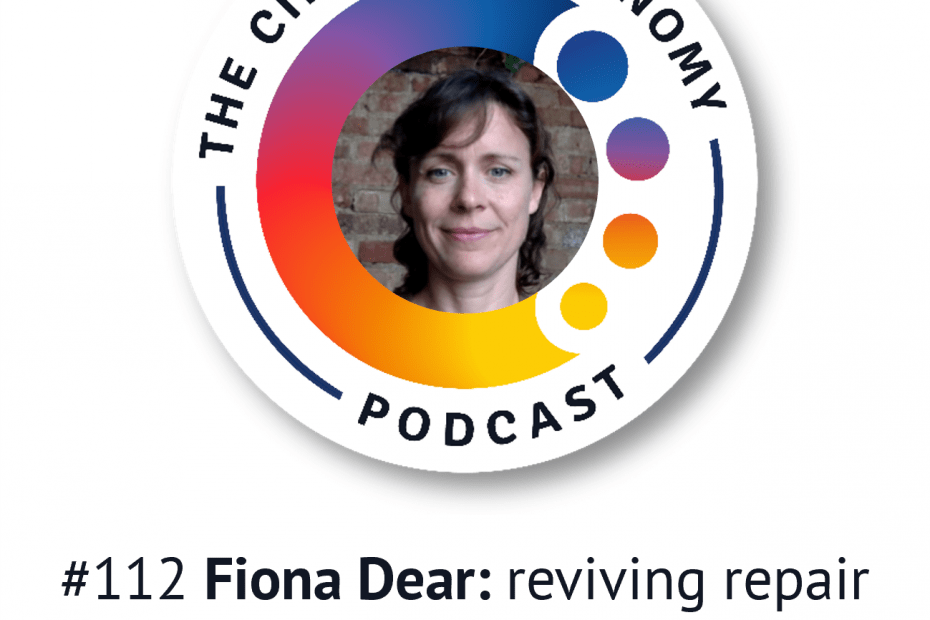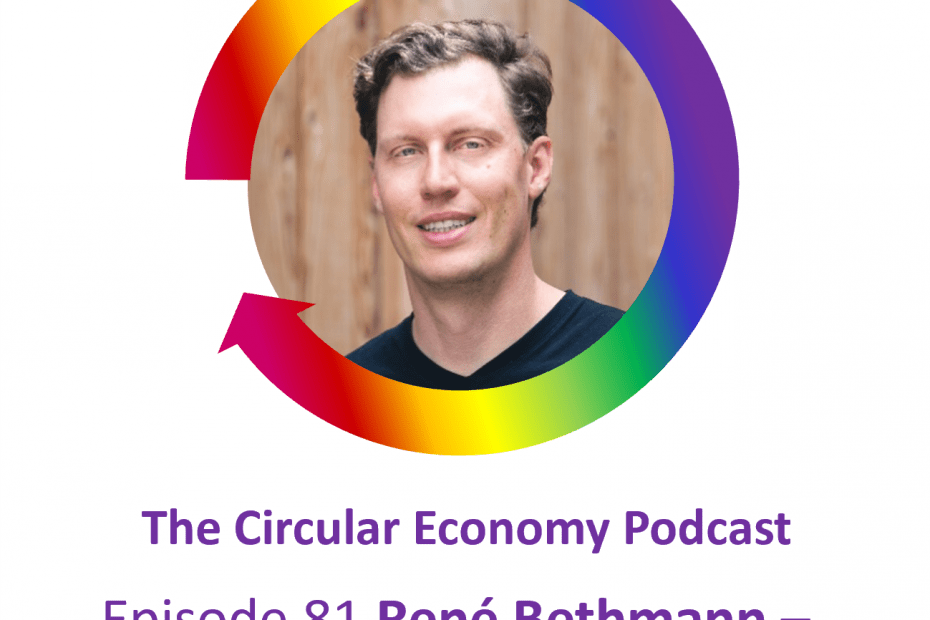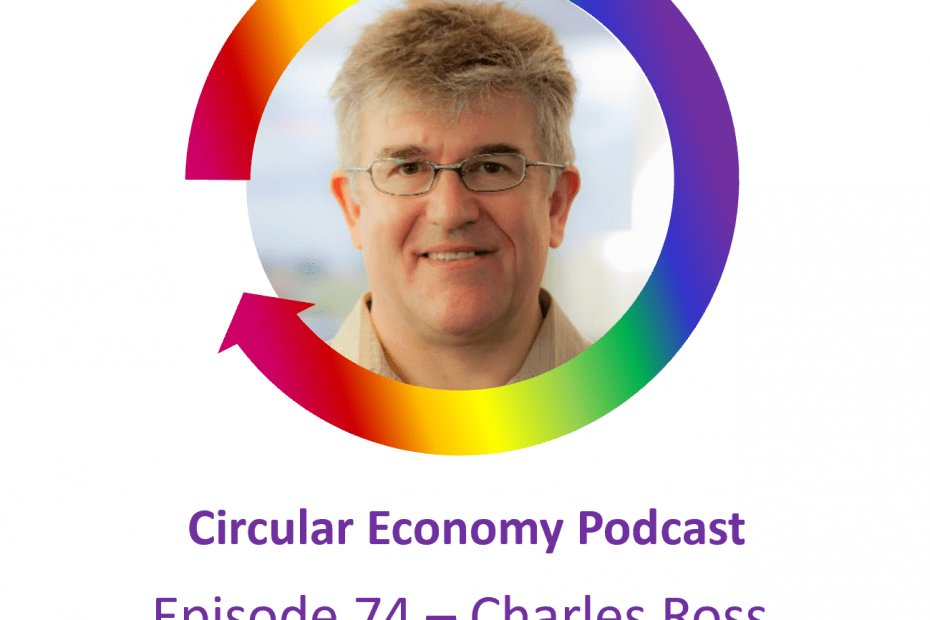159 Kyle Wiens of iFixit: the rewards of repairability
Kyle Wiens is the co-founder of iFixit, the international repair community known for open-source repair manuals and product teardown. Kyle is also one of my circular economy heroes!
Since it started back in 2003, iFixit has empowered hundreds of millions of people to repair their broken stuff. Kyle led the international coalition that legalized Right to Repair, has testified before the US Congress and the International Trade Commission, and he is helping to develop global environmental standards.
Kyle brings us up to speed on how iFixit has evolved over the last two decades, in its reach, offer and engagement.
We talk about why we’ve ended up with so many products that are not designed to last and are hard – or impossible to repair, and why things are changing for the better.
Kyle explains the importance of the Right to Repair legislation that’s being rolled out, how brands that don’t get on board risk losing out, and explains why we need much more information about product durability and repairability.
We discuss some of the ways that brands can improve the design and durability of their products, and how iFixit can help them with that, and he offers a simple suggestion to help us all make better buying choices.
